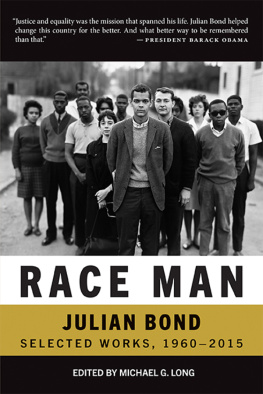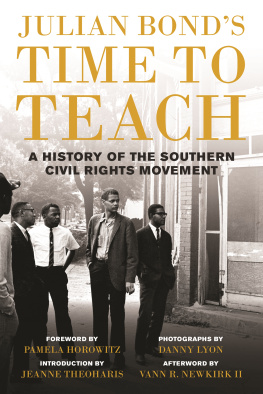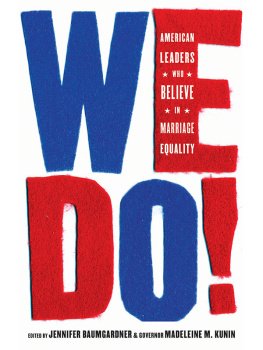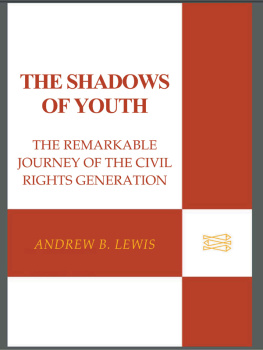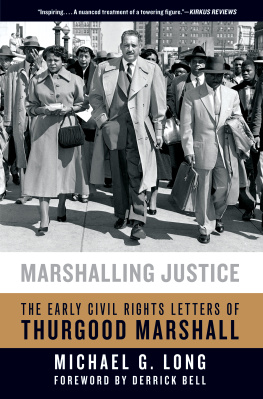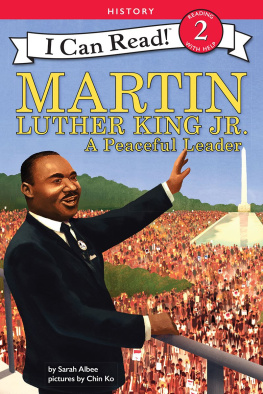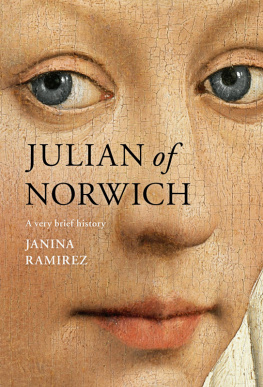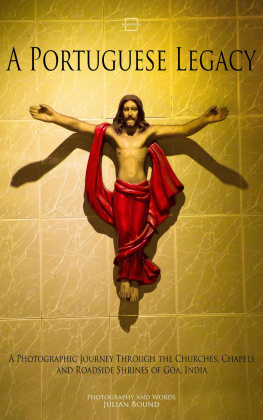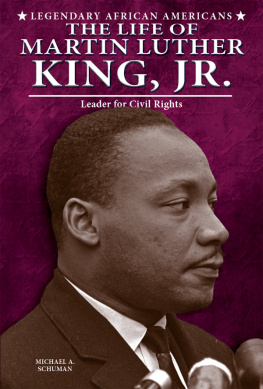Julian Bond - Race Man: Selected Works, 1960-2015
Here you can read online Julian Bond - Race Man: Selected Works, 1960-2015 full text of the book (entire story) in english for free. Download pdf and epub, get meaning, cover and reviews about this ebook. year: 2020, publisher: City Lights Publishers, genre: Politics. Description of the work, (preface) as well as reviews are available. Best literature library LitArk.com created for fans of good reading and offers a wide selection of genres:
Romance novel
Science fiction
Adventure
Detective
Science
History
Home and family
Prose
Art
Politics
Computer
Non-fiction
Religion
Business
Children
Humor
Choose a favorite category and find really read worthwhile books. Enjoy immersion in the world of imagination, feel the emotions of the characters or learn something new for yourself, make an fascinating discovery.
- Book:Race Man: Selected Works, 1960-2015
- Author:
- Publisher:City Lights Publishers
- Genre:
- Year:2020
- Rating:4 / 5
- Favourites:Add to favourites
- Your mark:
Race Man: Selected Works, 1960-2015: summary, description and annotation
We offer to read an annotation, description, summary or preface (depends on what the author of the book "Race Man: Selected Works, 1960-2015" wrote himself). If you haven't found the necessary information about the book — write in the comments, we will try to find it.
Newsweek, Lit Hub, The Philadelphia Inquirer, and The Atlanta Journal Constitution pick Race Man by Julian Bond as one of their Most-Anticipated Books of 2020!
This compilation of works by social activist and civil rights leader Julian Bond should be required reading in 2020.Juliana Rose Pignataro, Newsweek
Bonds essays, speeches and interviews were powerful weapons in his lifelong fight for civil rights.The New York Times
Justice and equality was the mission that spanned his life. Julian Bond helped change this country for the better. And what better way to be remembered than that.President Barack Obama
An inspiring, historic collection of writings from one of Americas most important civil rights leaders.
No one in the United States did more to advance the legacy of Martin Luther King Jr. than Julian Bond. Race Mana collection of his speeches, articles, interviews, and lettersconstitutes an unrivaled history of the life and times of one of Americas most trusted freedom fighters, offering unfiltered access to his prophetic voice on a wide variety of social issues, including police brutality, abortion, and same-sex marriage.
A man who broke race barriers and set precedents throughout his life in politics; co-founder of the Southern Poverty Law Center and long-time chair of the NAACP; Julian Bond was a leader and a visionary who built bridges between the black civil rights movement and other freedom movementsespecially for LGBTQ and womens rights. As we enter the third decade of the twenty-first century, there is no better time to return to Bonds works and words, many of them published here for the first time.
Endlessly grateful for this collection of work that shows the expansive nature of Julian Bonds ideas of black liberation, and how those ideas are woven into the fabric of both resistance and uplift. Race Man is the map of a journey that was not only struggle and not only triumph.Hanif Abdurraqib, author of They Cant Kill Us Until They Kill Us: Essays
Race Man is the essential collection of Julian Bonds wisdomand required reading for the organizers and leaders who follow in his footsteps today.Marian Wright Edelman, President Emerita, Childrens Defense Fund
Race Man is a staggering collection that offers a genealogy of Bonds freedom-oriented politics and soul work as captured in his written words. Race Man is a book that looks back and speaks forward. It is a timely example of what movement building can look like when servant leaders refuse to leave the most vulnerable out of their visions for Black freedom. We need that reminder, like never before, today.Darnell L. Moore, author of No Ashes in the Fire: Coming of Age Black & Free in America
[An] essential volume that will appeal to a broad audience of readers interested in the civil rights movement and human rights overall . . .Library Journal, Starred Review
Julian Bond: author's other books
Who wrote Race Man: Selected Works, 1960-2015? Find out the surname, the name of the author of the book and a list of all author's works by series.

